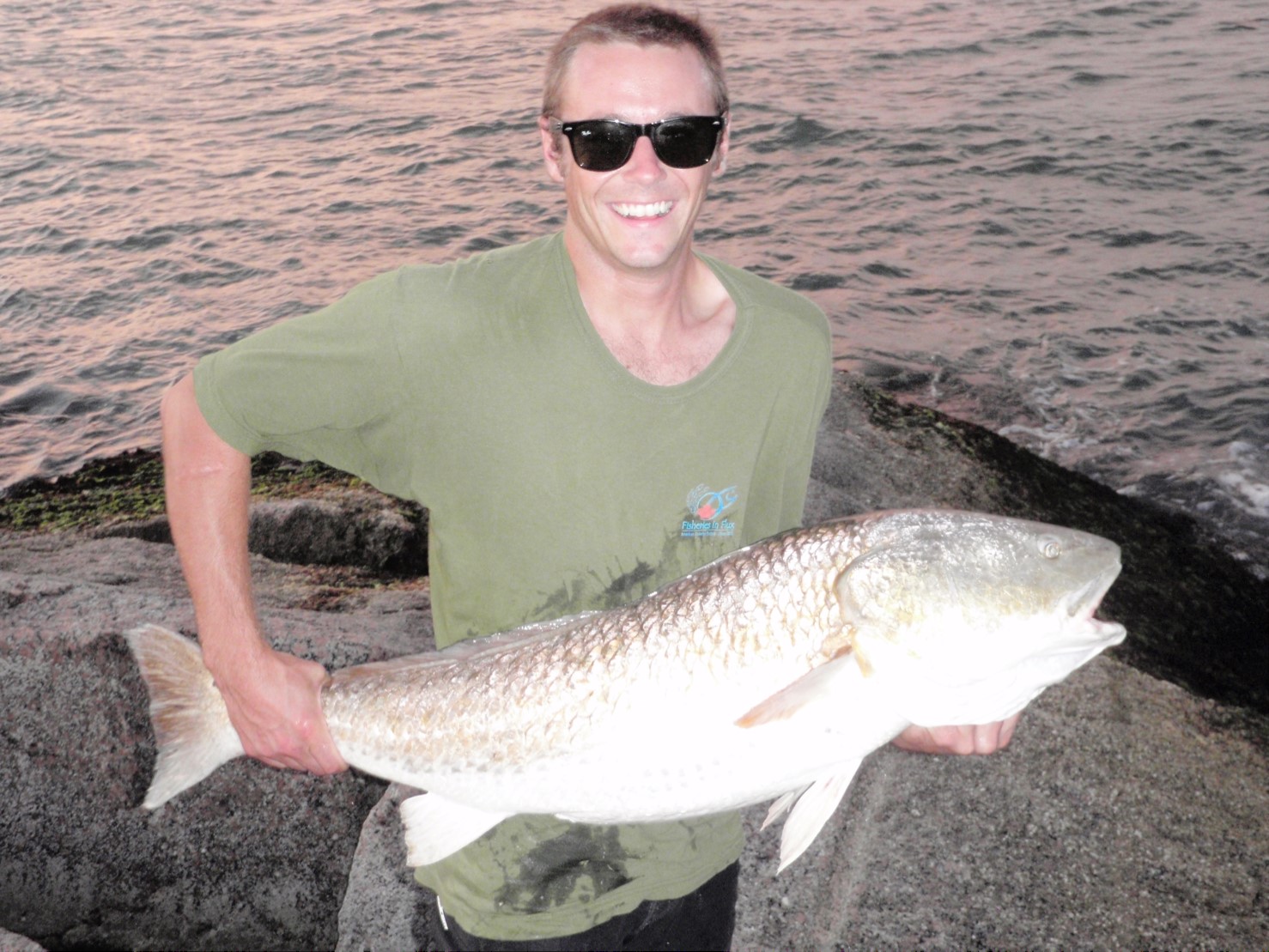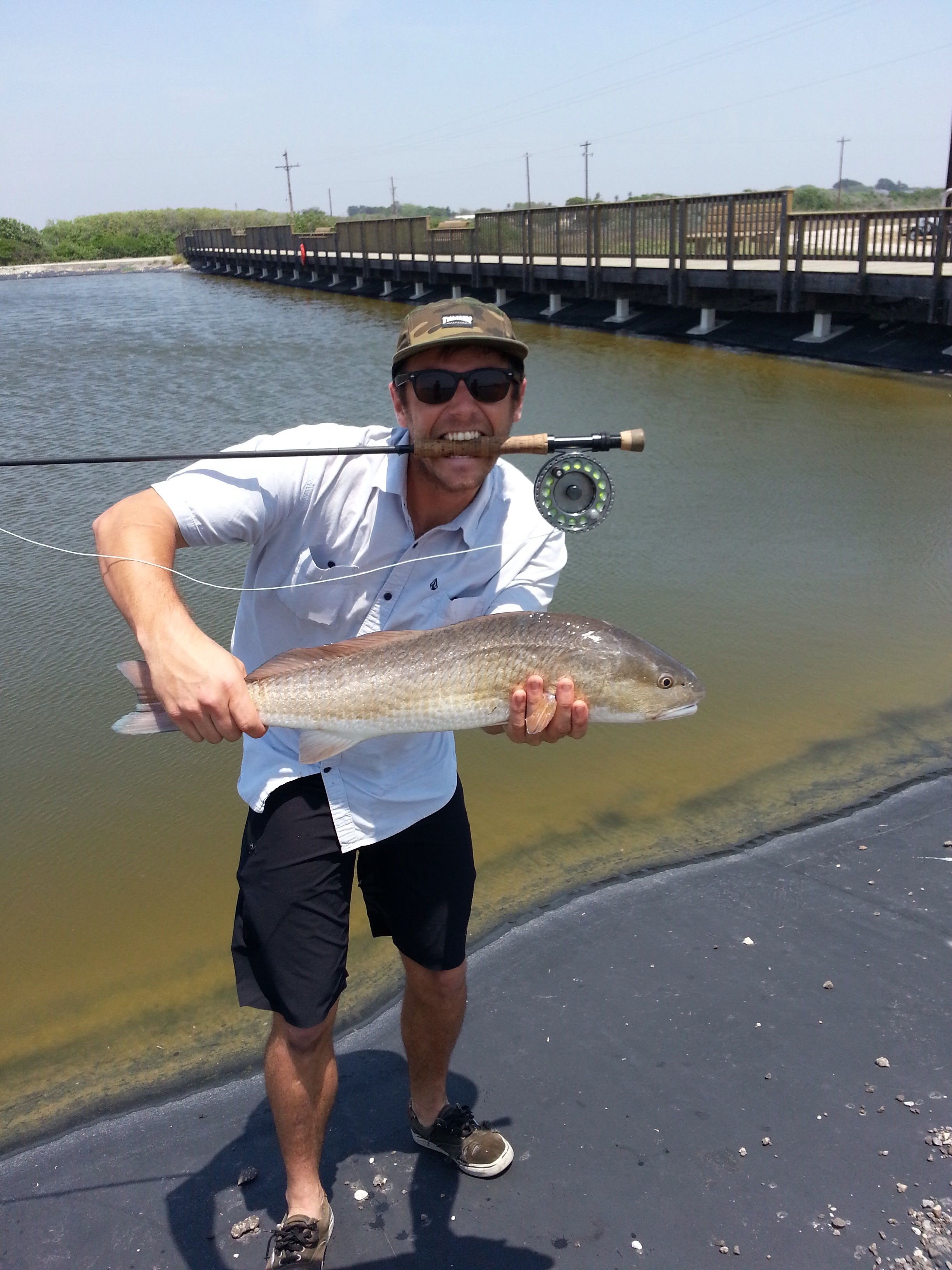 Graduate student, John Mohan, studies the migratory ecology of fish. Credit: John Mohan.We sat down with John Mohan to talk about about why he studies fish and what he hopes to accomplish. John successfully defended his dissertation today - Congratulations John!
Graduate student, John Mohan, studies the migratory ecology of fish. Credit: John Mohan.We sat down with John Mohan to talk about about why he studies fish and what he hopes to accomplish. John successfully defended his dissertation today - Congratulations John!
John Mohan
Faculty Supervisor: Dr. Benjamin Walther
Research Area: Fish Migration Ecology
Please tell us a little bit about your research project.
I study fish migration and use natural chemical tags in fish to track where they go and what they eat. I’m specifically interested in fish exposure to low oxygen or hypoxic zones. We currently don’t know what the sublethal effects of hypoxia are on fish because hypoxic zones are patchy and it’s difficult to track fish moving in and out of these zones. The problem of hypoxia is growing throughout the world and we have yet to determine how these low oxygen conditions are affecting fish and food webs. I’m using the chemical signature of otoliths, which are the ear bones of fish, to determine when fish travel in hypoxic zones. Otoliths can provide a life-long record of where fish go, which is currently the only way to track their past occurrence in hypoxic zones. Additionally, I use stable isotopes in fish tissue that provides information on what they eat, so when combined with otolith chemistry it is possible to determine if hypoxia exposure affects fish feeding behavior.
How did you decide you wanted to pursue marine science?
My interest started with fly fishing. I knew that I wanted to study where fish go and what they eat. I wanted to how and where to catch fish in a more scientific way and study their habitats and how that affected their growth and success. I’m fascinated with large migratory marine fish that are fun to catch and that really solidified my research pursuits in marine science.
In 10 years what would you like to have accomplished?
I hope to have done research that has helped protect natural resources by guiding management decisions. I would like to have conducted the science that supports our policy-makers to make the right conservation measures. I want to work on fish that we have the least understanding of but that have the greatest economic and recreation importance. It would be nice to run the “Mohan Lab’
What is the most interesting or surprising thing you’ve gotten to do for this project?
My trip to Mallorca, Spain to attend the International Otolith Symposium was an amazing experience.
What’s been the greatest reward of doing research? The greatest challenge?
The greatest reward has been making a discovery in your data that gets you really excited - when your numbers turn into a story. Some of the greater challenges that I faced has been raising fish from eggs to juvenile stages for experimental work. It wasn’t easy figuring out the methods to get them to survive.
 Fly fishing helped inspire John to focus on fisheries research. Credit: John Mohan.
Fly fishing helped inspire John to focus on fisheries research. Credit: John Mohan.
What inspires you?
I guess it is the pursuit of the question. I like asking a difficult question and designing a way to get the right numbers that answer the question, or that leads to new questions. Seeing knowledge advance in my field and new creative ideas emerge inspires me. New knowledge of fish ecology generally leads to better management and conservation of fisheries resources. When solid science leads to successful fisheries management, it is inspiring.
Why did you choose UTMSI?
I choose UTMSI to primarily to work with my advisor Dr. Benjamin Walther. After my master’s degree, I had unanswered questions and Dr. Walther also had the same questions. The UTMSI facilities also had all the things I needed to answer those questions. And, I was immediately sold on the island life style of Port Aransas.
What has been your most memorable moment at UTMSI?
When I got a call that I received the Environmental Protection Agency STAR fellowship. The first year I applied and didn’t get it, but the second year I did and it was pretty incredible.
If you were a marine organisms what would you be and why?
A large migratory fish, like a tuna or bill fish, so that I could travel the world and see what the deep ocean is really like.
John Mohan is a graduate student at The University of Texas Marine Science Institute and will receive his Ph.D. in marine science. He has a master of science in biology from East Carolina University in North Carolina and hails from Hegins, Pennsylvania. After his graduation this summer, John will work as a post-doctoral fellow at Texas A&M University at Galveston.